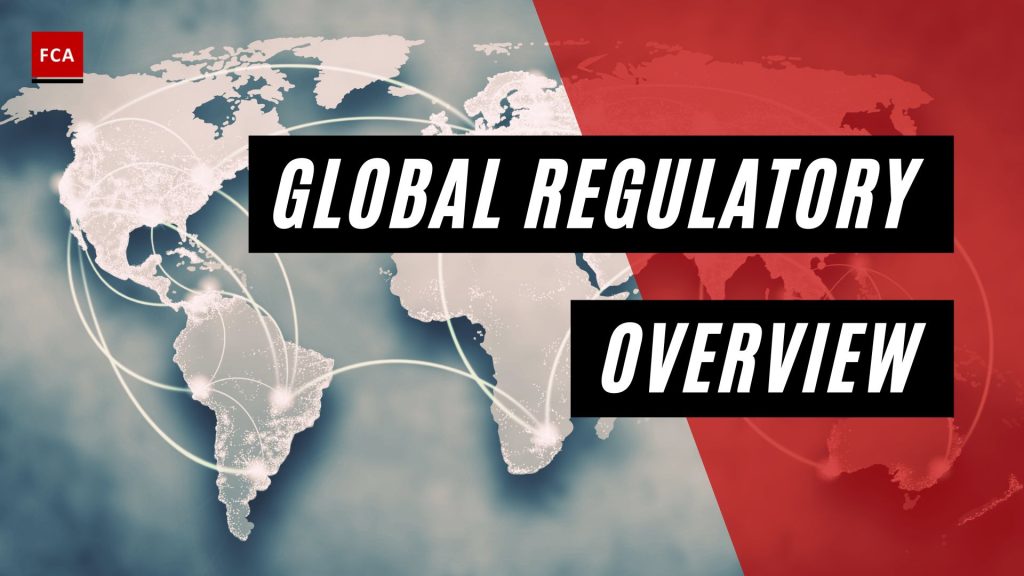Global regulatory overview reveals a concerted effort by international bodies to harmonize standards and address the challenges posed by cryptocurrencies, ensuring both innovation and financial security coexist. In today’s interconnected financial world, understanding the regulatory frameworks that govern emerging technologies, such as cryptocurrencies and virtual assets, is paramount.
Various influential organizations, including the Financial Action Task Force (FATF), the European Union (EU), and the Basel Committee on Banking Supervision (BCBS), have delineated guidelines and directives to ensure the stability and integrity of the global financial system.
While these bodies operate with distinct mandates, their collective emphasis on transparency, security, and accountability in the realm of digital assets has shaped the broader discourse. This ever-evolving regulatory landscape serves as a testament to the delicate equilibrium between embracing innovation and ensuring robust financial governance.

Global Regulatory Overview
Our exploration starts with the Financial Action Task Force (FATF), an intergovernmental organization that was founded to combat money laundering and terrorist financing. In 2019, the FATF introduced its guidelines for virtual assets, a term encompassing both cryptocurrencies like Bitcoin and the various entities providing related services.
The guidelines set out how member countries should oversee these virtual assets to prevent their misuse for illicit activities. One crucial recommendation is the so-called “travel rule,” which requires Virtual Asset Service Providers (VASPs), including cryptocurrency exchanges, to collect and transfer customer information during transactions.
The FATF’s recommendations carry significant weight, although they aren’t legally binding. Member countries, which include most major economies, are expected to implement the recommendations in their national laws. Non-compliance can result in being blacklisted, leading to increased scrutiny in global financial transactions. As such, the FATF guidelines have had a significant impact on the regulatory landscape for cryptocurrencies, affecting how VASPs operate globally.
The European Union and its 5th Anti-Money Laundering Directive (5AMLD). The 5AMLD, which came into effect in January 2020, expanded the EU’s anti-money laundering (AML) regulations to cover virtual currencies for the first time. Under the 5AMLD, all EU member states are required to register and regulate cryptocurrency exchanges and wallet providers to the same extent as other financial institutions.
The 5AMLD aims to increase transparency and limit the anonymity that can be associated with cryptocurrencies. It requires cryptocurrency platforms to perform due diligence on their customers, report suspicious transactions, and maintain comprehensive records. While the 5AMLD has been praised for bringing more security and legitimacy to cryptocurrencies, it has also faced criticism for placing additional burdens on businesses and potentially infringing on users’ privacy rights.
The last stop is the Basel Committee on Banking Supervision (BCBS), a global standard-setting body for banks. While the BCBS has not issued any specific regulations for cryptocurrencies, it has published a series of warnings and recommendations about the risks banks face when dealing with virtual assets. It has pointed to market volatility, fraud, hacking, money laundering, and terrorism financing as significant risks.
The BCBS advises banks interested in acquiring exposures to cryptocurrencies or providing related services to maintain adequate technological expertise and ensure full disclosure to regulatory bodies. The stance of the BCBS reflects the cautious approach many traditional financial institutions have taken towards cryptocurrencies.

It’s clear that while FATF, EU, and BCBS organizations have different focuses and remits, they share common goals: to mitigate the risks associated with virtual assets and ensure the integrity of the global financial system.
Understanding the guidelines and directives issued by these bodies is essential. They set the tone for national regulations, affect how blockchain businesses operate, and shape the future of the cryptocurrency market. As you navigate the world of blockchain and cryptocurrencies, this knowledge will provide valuable context and help you better understand the legal and regulatory challenges that businesses in this space face.
Final Thoughts
The evolving regulatory landscape for cryptocurrencies and virtual assets underscores the global effort to strike a balance between fostering innovation and ensuring financial integrity. Organizations such as FATF, EU, and BCBS, each with its distinct purview, have laid down guidelines and directives that reverberate through national legislations and impact the operational dynamics of blockchain businesses. While these regulatory efforts aim to mitigate the potential misuse of digital assets, they also shape the trajectory of the industry, emphasizing the importance for stakeholders to remain informed and agile in this rapidly shifting environment.








